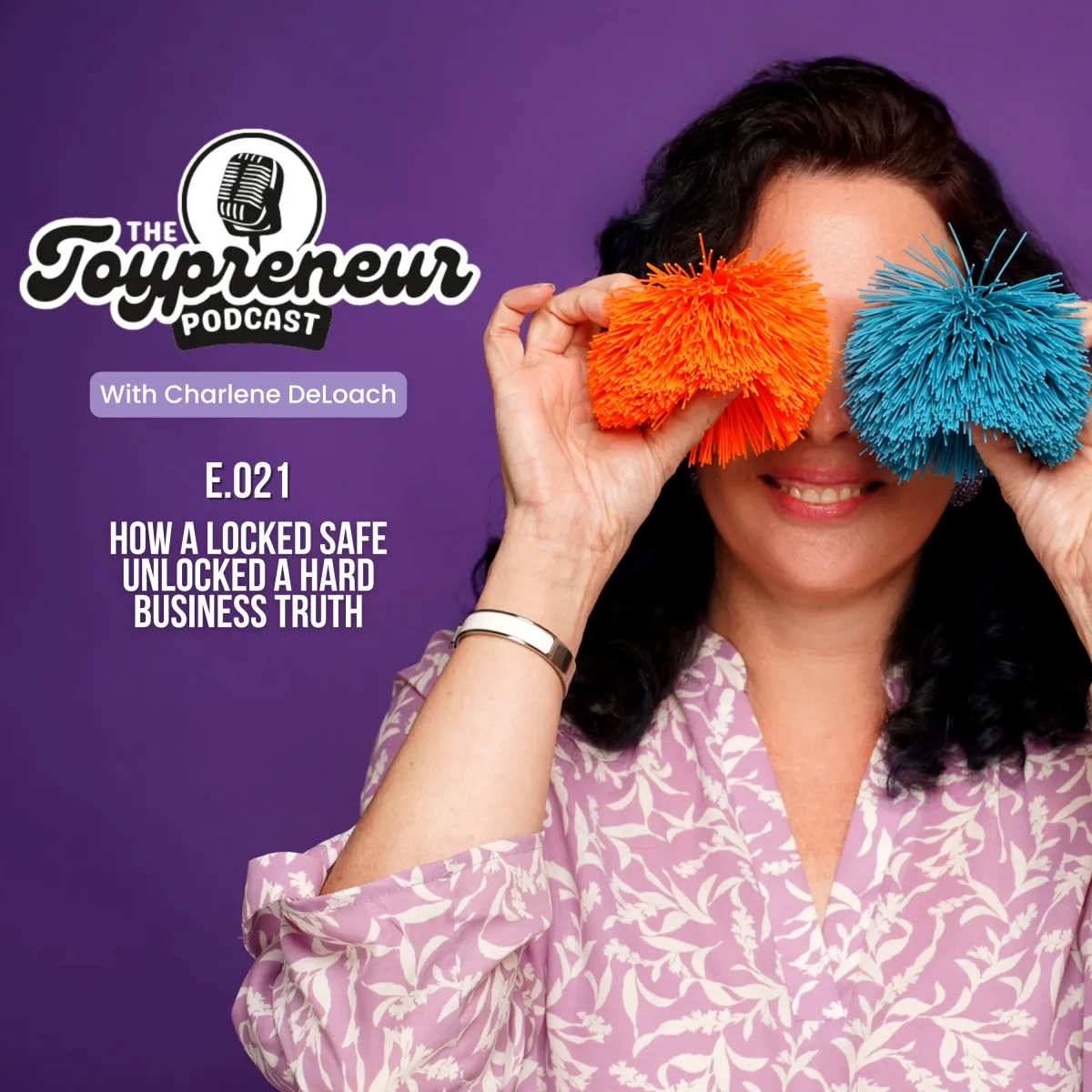
Episode 21 - Toy Business Systems: Why Small Failures Can Derail Big Plans

The Passport That Never Came Out of the Safe
It should have been simple. Open the safe, grab the passports, and head to the airport for a long-awaited family vacation. Instead, a small piece of machinery unraveled everything.
I punched in the code. Nothing. Tried again. Still locked. Swapped the batteries. No luck. By 4 a.m., after hours of troubleshooting, a locksmith confirmed the safe’s internal mechanism had failed. The passports were inaccessible. Our flight left without us.
A single broken system cost me months of planning. And in business, the same principle applies: toy business systems can collapse in an instant, and the smallest weak point can derail the biggest goals.
Why Toy Business Systems Fail Quietly
Toy brands spend enormous energy on the visible milestones — product launches, retail orders, TV segments, trade shows. But behind those wins are the quiet systems that keep everything in motion:
Payment processors.
Email automations.
Shipping and fulfillment tools.
Supplier communication channels.
Digital file access managed by a VA or employee.
These systems don’t make headlines. They’re assumed to be “fine.” But fine is not fail-proof. Fine simply means untested. And when failures surface, they usually happen at the worst possible moment — right before Toy Fair, the holiday season, or a major press feature.
A Routine for Stress-Testing Toy Business Systems
After the passport fiasco, I created a practice I call Tech Tuesday. Once a month, I clear the calendar and test every system in my business.
For toy companies, this means:
Walking through checkout like a customer.
Triggering an abandoned cart sequence to ensure it still works.
Reviewing affiliate links in press kits.
Checking subscription renewals and card expirations.
Auditing staff access to cloud files.
These checks are not glamorous. But they prevent the kind of last-minute collapse that can cost thousands in lost sales or credibility.
Turning Failures Into SOPs
Every failure can become a new process. If a checkout breaks, document the fix as a Standard Operating Procedure. If a supplier email went unnoticed, create a backup contact system. Over time, you build resilience into your toy business systems instead of patching holes in panic.
Why Preparedness Defines Strong Toy Brands
The toy industry often celebrates speed and hustle. But the companies that thrive are not the ones who scramble best. They’re the ones who prepare in advance — who expect disruptions and stress-test systems long before problems hit.
A failed safe cost me a family trip. Don’t let an untested toy business system cost you a season’s worth of sales.
